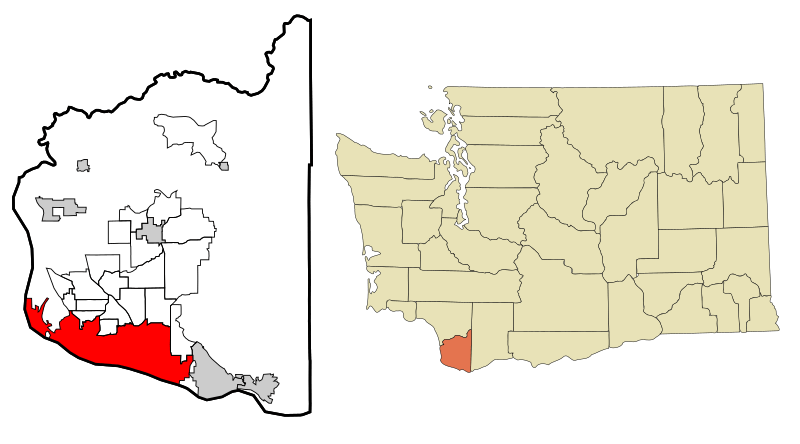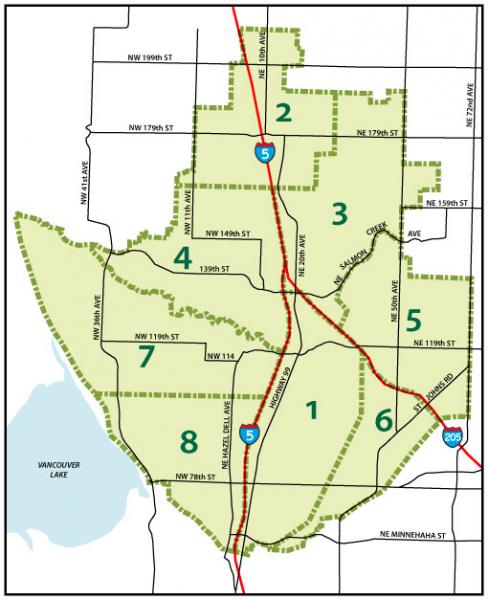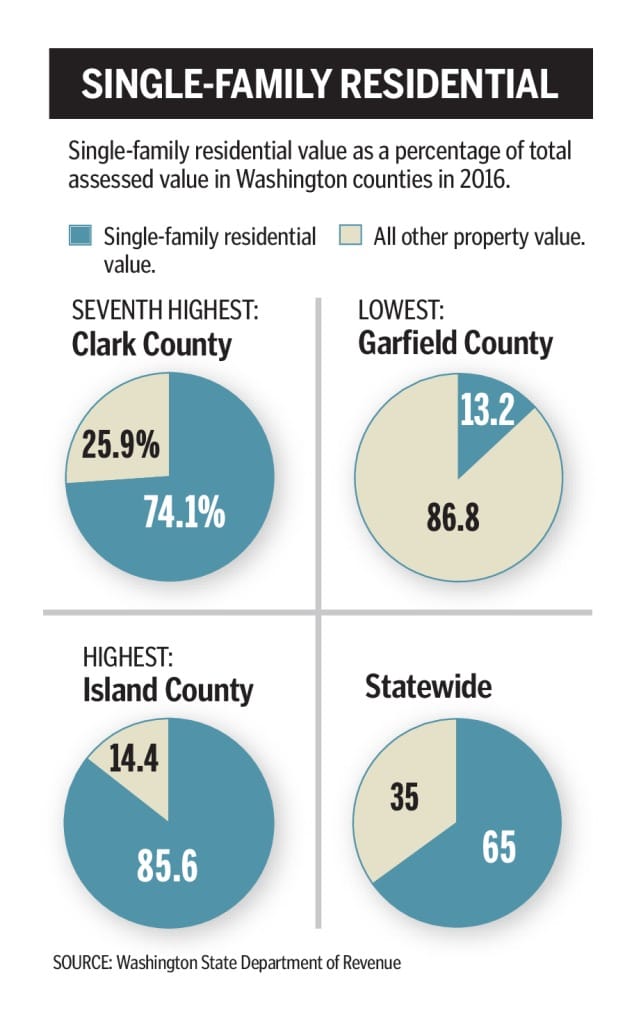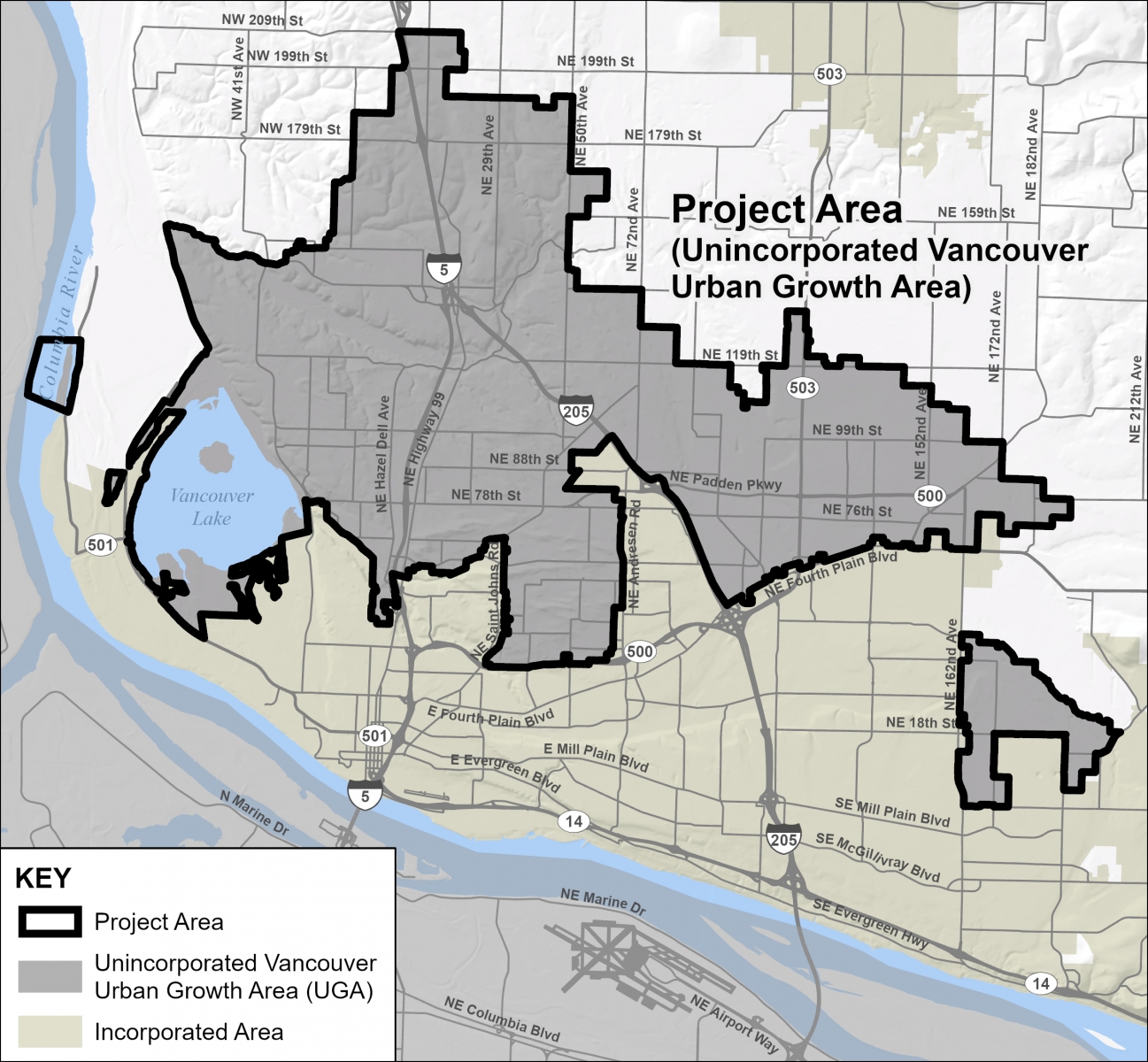Navigating Unincorporated Clark County: A Comprehensive Guide
Related Articles: Navigating Unincorporated Clark County: A Comprehensive Guide
Introduction
With great pleasure, we will explore the intriguing topic related to Navigating Unincorporated Clark County: A Comprehensive Guide. Let’s weave interesting information and offer fresh perspectives to the readers.
Table of Content
Navigating Unincorporated Clark County: A Comprehensive Guide
Clark County, Nevada, encompasses a vast expanse of land, much of which remains unincorporated, meaning it falls outside the jurisdiction of any city or town. Understanding the layout of this area, often referred to as "unincorporated Clark County," is crucial for residents, businesses, and visitors alike.
This guide aims to provide a comprehensive overview of unincorporated Clark County, delving into its geographical characteristics, population distribution, services, and unique aspects.
The Geography of Unincorporated Clark County
Unincorporated Clark County stretches across a diverse landscape, encompassing vast desert plains, rugged mountain ranges, and the iconic Las Vegas Valley. The area’s geography plays a significant role in its development and characteristics:
- Desert Plains: The majority of unincorporated Clark County consists of desert plains, characterized by sparse vegetation, arid conditions, and expansive open spaces. These areas are often used for ranching, mining, and recreation.
- Mountain Ranges: The Spring Mountains, the Sheep Range, and the McCullough Range are prominent mountain ranges that traverse unincorporated Clark County, offering scenic beauty and opportunities for hiking, camping, and outdoor exploration.
- Las Vegas Valley: While the Las Vegas Valley is primarily associated with the city of Las Vegas, it extends into unincorporated Clark County, encompassing areas like Paradise, Winchester, and Enterprise. These areas are characterized by a mix of residential, commercial, and industrial development.
Population Distribution in Unincorporated Clark County
The population distribution within unincorporated Clark County is uneven, with most residents concentrated in the areas surrounding the Las Vegas Valley. However, smaller communities and rural areas scattered throughout the county contribute to its diverse population makeup:
- Paradise: A highly populated area located just south of the Las Vegas Strip, Paradise is a major residential hub with a mix of suburban and urban development.
- Winchester: Situated on the eastern edge of the Las Vegas Valley, Winchester is a predominantly residential area known for its quiet atmosphere and proximity to the city.
- Enterprise: A rapidly developing area located south of Paradise, Enterprise is characterized by its growing population and a mix of residential, commercial, and industrial development.
- Rural Areas: Remote areas of unincorporated Clark County, including the Mojave Desert, are sparsely populated, with small communities and ranches dotting the landscape.
Services in Unincorporated Clark County
While unincorporated areas do not have their own municipal governments, they rely on various services provided by Clark County government:
- Public Safety: The Clark County Sheriff’s Department provides law enforcement services to unincorporated areas, while the Clark County Fire Department offers fire protection and emergency medical services.
- Waste Management: Clark County operates a comprehensive waste management system, providing trash collection and recycling services to residents and businesses.
- Parks and Recreation: Clark County maintains numerous parks, trails, and recreational facilities throughout the county, offering opportunities for outdoor activities and community engagement.
- Transportation: The Regional Transportation Commission (RTC) provides public transportation services, including buses and commuter routes, throughout unincorporated Clark County.
Unique Aspects of Unincorporated Clark County
Unincorporated Clark County offers a unique blend of rural charm and urban proximity, attracting residents and businesses seeking a distinctive lifestyle:
- Open Spaces: The vast expanses of desert and mountain ranges provide ample opportunities for outdoor recreation, including hiking, camping, off-roading, and stargazing.
- Ranching Heritage: Unincorporated Clark County retains a strong ranching heritage, with cattle ranches dotting the landscape and contributing to the area’s agricultural identity.
- Mining History: The county’s history is intertwined with mining, with remnants of historic mining operations and ghost towns scattered throughout the region.
- Dark Sky Areas: Due to its remote location and limited light pollution, parts of unincorporated Clark County offer exceptional stargazing opportunities, attracting astronomy enthusiasts and photographers.
Understanding the Unincorporated Clark County Map
The unincorporated Clark County map is an essential tool for navigating this vast area. It provides a visual representation of:
- Boundaries: The map clearly delineates the boundaries of unincorporated Clark County, distinguishing it from incorporated cities and towns.
- Roads and Highways: Major and minor roads, highways, and interstates are depicted on the map, allowing for easy route planning and navigation.
- Points of Interest: The map may include points of interest, such as parks, recreation areas, historical sites, and other notable landmarks.
- Land Use: The map often indicates land use designations, such as residential, commercial, industrial, agricultural, and conservation areas.
Benefits of Using the Unincorporated Clark County Map
- Navigation: The map facilitates efficient navigation by providing a visual representation of roads, highways, and landmarks.
- Property Search: The map can be used to identify properties in unincorporated Clark County, including their location, size, and potential land use.
- Emergency Preparedness: In case of emergencies, the map can help identify evacuation routes, shelters, and other essential resources.
- Outdoor Recreation: The map is invaluable for planning outdoor activities, identifying hiking trails, campgrounds, and other recreational areas.
FAQs about Unincorporated Clark County
Q: What are the advantages of living in unincorporated Clark County?
A: Residents of unincorporated Clark County enjoy a unique blend of rural charm and urban proximity, offering open spaces, lower taxes, and a slower pace of life compared to the city.
Q: What are the disadvantages of living in unincorporated Clark County?
A: Unincorporated areas may lack the same level of amenities and services found in cities, including public transportation, schools, and healthcare facilities.
Q: How do I find out more about unincorporated Clark County?
A: You can access information about unincorporated Clark County through the Clark County website, the Clark County Library, and local community organizations.
Q: What are the voting regulations for unincorporated Clark County residents?
A: Residents of unincorporated Clark County vote in county elections and are represented by Clark County commissioners.
Q: What are the building codes and regulations in unincorporated Clark County?
A: Building codes and regulations in unincorporated Clark County are enforced by the Clark County Building Department, ensuring safety and compliance with standards.
Tips for Navigating Unincorporated Clark County
- Prepare for the Desert Environment: Pack plenty of water, sunscreen, and appropriate clothing when venturing into the desert.
- Respect Wildlife: Be aware of wildlife, especially desert animals, and maintain a safe distance.
- Plan Your Route: Research your destination and plan your route in advance, especially when driving in remote areas.
- Check Weather Conditions: The desert climate can be unpredictable, so check weather forecasts before heading out.
- Inform Others: Inform someone about your plans and expected return time when venturing into remote areas.
Conclusion
Unincorporated Clark County presents a unique blend of rural charm and urban proximity, offering residents and visitors a diverse and captivating experience. Understanding the layout and characteristics of this vast area is essential for navigating its diverse landscape, accessing its services, and enjoying its unique attractions. From its vast desert plains to its rugged mountain ranges, from its historic mining towns to its modern suburban developments, unincorporated Clark County offers a rich tapestry of experiences waiting to be explored.








Closure
Thus, we hope this article has provided valuable insights into Navigating Unincorporated Clark County: A Comprehensive Guide. We thank you for taking the time to read this article. See you in our next article!